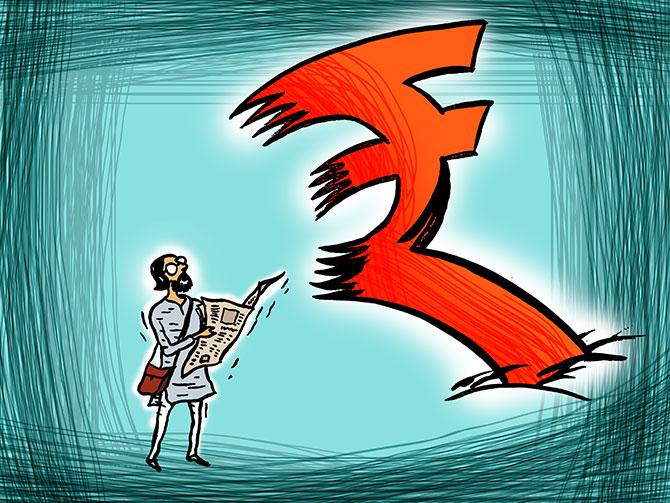Any reduction in devolution could aggravate the strained relations between the Centre and some opposition-ruled states on a number of issues, including CAA.

The Fifteenth Finance Commission (15th FC), in its report for 2020-21, is believed to have reduced the devolution to states from the existing 42 per cent of the divisible tax pool, giving the revenue-strapped Centre some breathing space.
However, the Commission has increased the tied funds, such as grants related to revenue deficit and disaster relief, and is bringing back performance-based incentives, Business Standard has learnt.
Any reduction in devolution could aggravate the strained relations between the Centre and some opposition-ruled states on a number of issues, including the Citizenship Amendment Act.
The 15th FC, headed by NK Singh, submitted its first report to President Ram Nath Kovind in early December.
The finance ministry is expected to table the report before the presentation of the Budget.
Along with the report, the finance ministry will also table an “Action Taken Report”, which will list out the 15th FC’s recommendations that the Centre has accepted.
“The Commission, in its first report, has tried to strike a balance. While the devolution has been reduced, grants and tied funds to states have been increased,” said a senior government official.
The additional funds will be in the form of grants for urban local bodies and panchayats, revenue deficit grants and disaster relief.
Some portion of the funds will also be tied to the states’ performances on various parameters, including how well they have carried out rural, social sector, and infrastructure policies, the official said.
The 15th FC’s stand can be seen as a reversal of that of the 14th Finance Commission.
“The 14th FC had increased the devolution to states from 32 to 42 per cent, but pared that burden on the Centre by reducing grants to states,” said a second official.
The reduction in devolution will certainly be good news for the Centre.
A deep and sustained economic slowdown has led to a resource crunch, with some analysts expecting gross revenue shortfall for this year to go as high as Rs 3.5 trillion.
The 15th FC will submit another report in October 2020, covering the award period from 2021-22 to 2025-26.
The Commission’s term was extended to October to give it more time to navigate challenges - like the economic slowdown, unrealistic fiscal and revenue targets by the Centre and the states, and the status of Jammu and Kashmir compared to other Union Territories like Delhi and Puducherry - before the submitting its final report.
Singh, the Commission chairman, has made it clear that at least in the first report, J&K has been treated like any other UT and its funds will come from the Centre’s share of the divisible pool.
This is different from what the J&K Reorganization Act had sought.
The Centre, through the Act, had wanted the UT of J&K to be given a special treatment of providing it with funds out of the divisible pool like any other state.
On the other hand, Ladakh was to be treated like any other UT and given funds out of the Centre’s share of the divisible pool.












 © 2025
© 2025